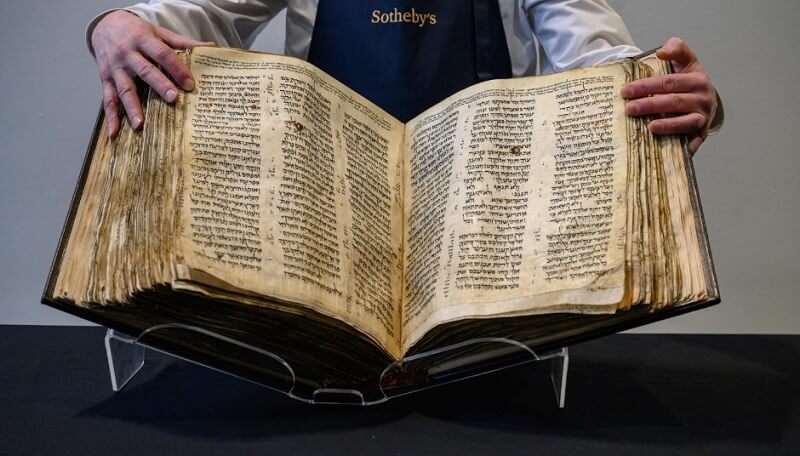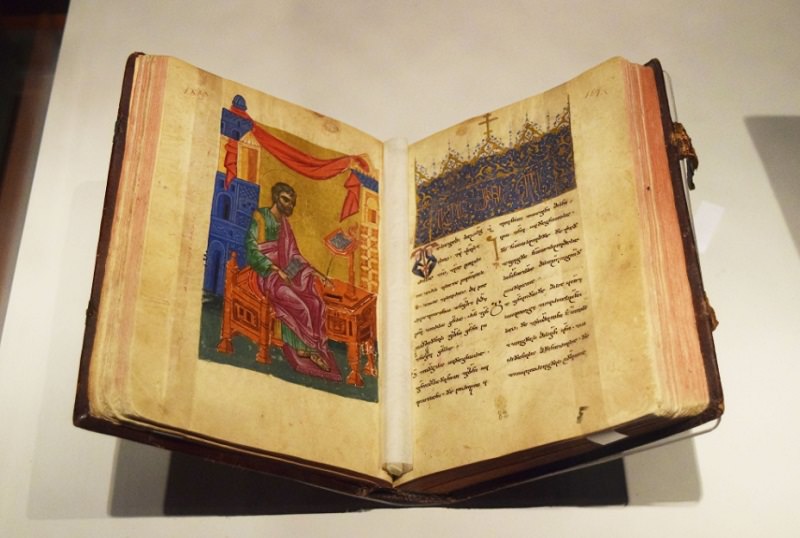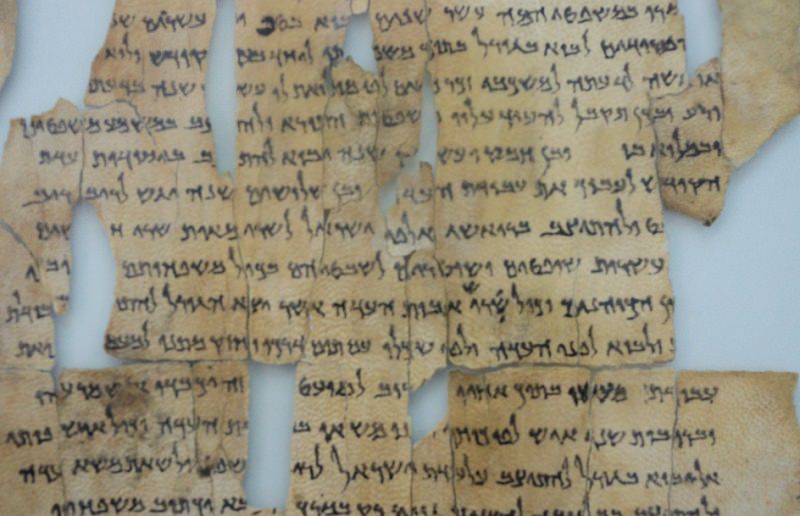Discovered in the 1940s and 50s near the Dead Sea, the ancient scrolls from the Qumran caves offer an extraordinary glimpse into early Jewish and Christian history. These manuscripts, dating back over 2,000 years, are the oldest known copies of biblical texts and provide valuable insights into the religious beliefs of the Essenes, a Jewish sect contemporaneous with Jesus. The Dead Sea Scrolls have profoundly transformed our understanding of the Bible’s development and the origins of early Christianity.
In this article, we will delve into the significant impact these artifacts have had on biblical scholarship and Christian theology. From confirming Old Testament passages to shaping ideas about prophecy and redemption, the Dead Sea Scrolls have played a crucial role in shaping core tenets of the Christian faith.
Join us as we explore why these ancient documents are pivotal in illuminating the foundations and textual traditions of Christianity.
What Are the Dead Sea Scrolls?
To appreciate their significance, it’s essential to understand what the Dead Sea Scrolls are. Discovered near the Dead Sea in the 1940s, these ancient manuscripts, primarily written in Hebrew, were produced by the Qumran community about 2,000 years ago. They include parts of the Old Testament, such as Psalms and Isaiah, as well as other writings that reflect the beliefs and practices of the Qumran people.
These scrolls serve as a window into the life and beliefs of people during the Second Temple period, providing scholars with a unique opportunity to uncover insights from the ancient past.
When Were the Dead Sea Scrolls Found?
The Dead Sea Scrolls were unearthed between 1947 and 1956 from eleven caves near Khirbet Qumran. The discovery began when a shepherd boy stumbled upon the first manuscripts in 1947. These ancient texts offer a rare glimpse into a world over 2,000 years old, revealing stories and beliefs of a bygone era. Scholars have meticulously examined these writings to gain a deeper understanding of historical and religious contexts.
Contents of the Dead Sea Scrolls
The Dead Sea Scrolls consist of two primary categories of writings: Biblical Manuscripts and Non-Biblical Texts.
Biblical Manuscripts
These texts are ancient copies of portions of the Old Testament. They are significant because they closely resemble the Bible used today, though there are notable differences that invite further exploration of how these texts evolved over time.
Non-Biblical Texts

In addition to biblical writings, the Dead Sea Scrolls contain various non-biblical texts. These include documents outlining the beliefs and regulations of the Qumran community, prophetic writings, and wisdom literature. These texts offer a broader view of the community’s thoughts and practices, enriching our understanding of their way of life and beliefs.
Who Wrote the Dead Sea Scrolls?
The Dead Sea Scrolls were likely penned by a Jewish sect known as the Essenes, who inhabited the area near Qumran over 2,000 years ago. This group was deeply devoted to their interpretation of Jewish laws and customs. However, some scholars propose alternative authorship, suggesting that other Jewish groups, such as the priests from Jerusalem or the Zadokites, might also have contributed to these texts. The scrolls are predominantly in Hebrew, with some written in Aramaic and Greek. They consist of fragments rather than complete manuscripts and encompass a range of content, including religious laws, biblical commentary, apocalyptic visions, and prayers. Although the exact authorship remains debated, the scrolls offer significant insights into ancient Jewish life and belief systems.
Why Are the Dead Sea Scrolls Important to Christianity?
The Dead Sea Scrolls are important to Christianity for several reasons, primarily due to their role as historical touchstones. These ancient documents provide profound insights into early Jewish practices and beliefs, serving as a bridge to the biblical texts. They not only corroborate but occasionally challenge traditional interpretations of the scriptures, thereby offering a more nuanced understanding of their origins. By shedding light on the religious landscape of the Qumran community, the scrolls help us grasp the broader context from which Christianity developed.
Their impact on biblical scholarship is equally significant. The Dead Sea Scrolls have revolutionized how scholars approach ancient texts, offering unprecedented insights into Jewish customs and scriptural variations. They act as a historical time capsule, allowing us to track how interpretations of sacred texts evolved over time. This newfound context deepens our understanding of both Jewish and Christian scriptures.
The scrolls also highlight important theological connections between early Jewish thought and the emerging Christian doctrine. They reveal shared concepts and distinctive perspectives, providing a richer view of early Christian beliefs. This broader understanding of theological ideas, such as prophecy and messianism, has played a crucial role in shaping Christian doctrine.
Contributions to Christian Theology

The Dead Sea Scrolls have had a significant impact on Christian theology. They offer insights that have helped to shape core Christian doctrines, such as concepts of prophecy, messianism, and redemption. These ancient texts have not only influenced theological discussions but have also contributed to the formation of foundational Christian beliefs and teachings.
Challenges and Controversies
Despite their importance, the study of the Dead Sea Scrolls is fraught with challenges and controversies. Scholars continue to debate their authorship, the exact nature of the community that produced them, and their implications for understanding ancient Judaism and early Christianity. These debates are akin to piecing together a complex puzzle, with ongoing discussions about the significance and interpretation of these texts. The unresolved issues add layers of intrigue and complexity to the study of the Dead Sea Scrolls.
Conclusion
The discovery of the Dead Sea Scrolls revolutionized our understanding of the Bible and early Christian beliefs. These ancient writings confirm biblical texts, provide a window into the lives of a Jewish community, and shed light on early Christian thought. While scholarly debates continue regarding specific details, the consensus is that the scrolls are crucial for understanding the development of biblical and Christian traditions. They stand as a testament to the enduring relevance of religious beliefs and their evolution through history, offering valuable insights into the formation of foundational doctrines and practices.



